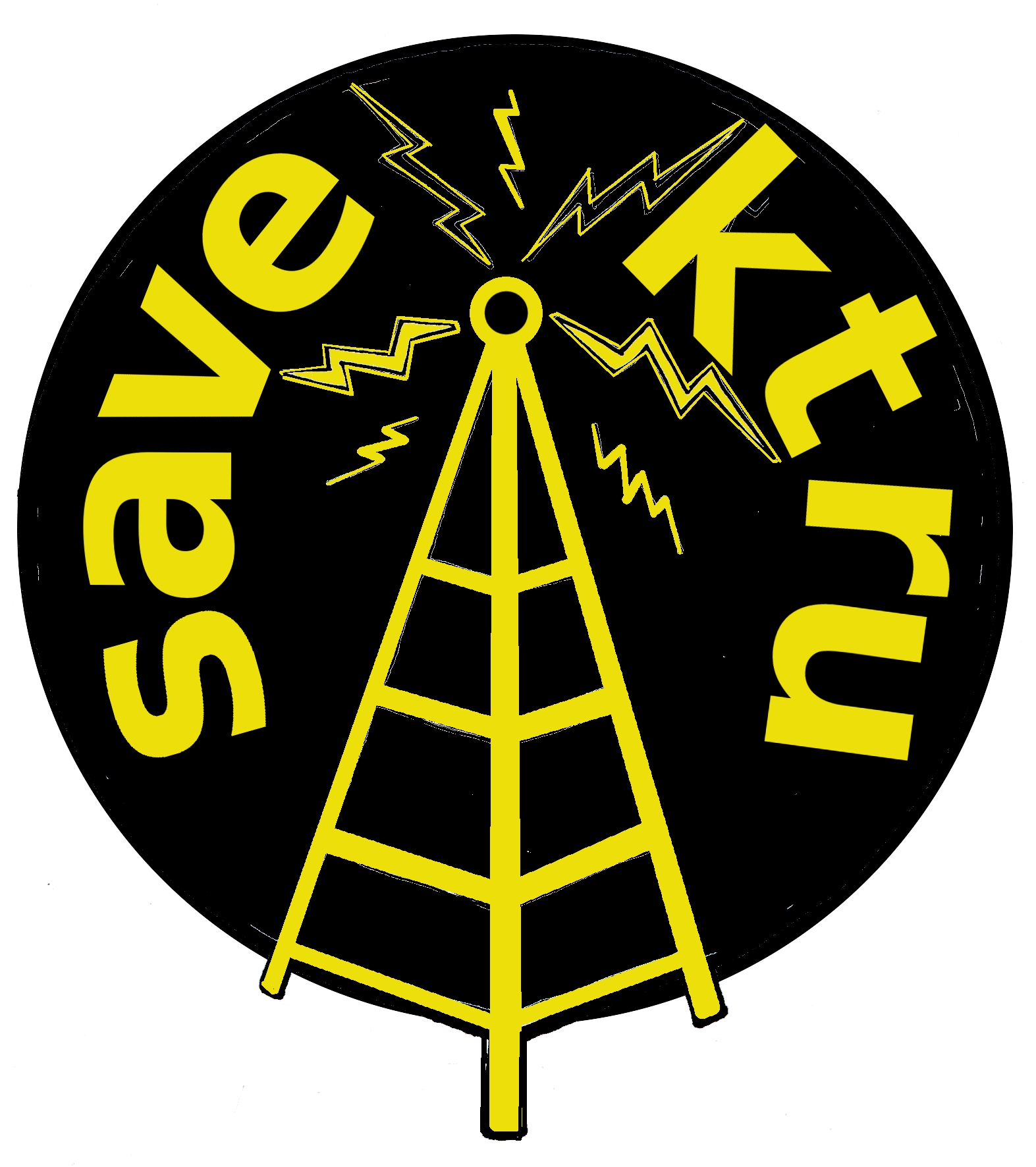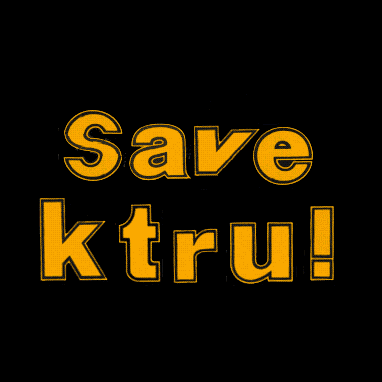From Alum Laura Bellows
EXTRA: Listen to Laura’s audio testimonial (MP3), in which she describes how KTRU helped her to overcome her fear of public speaking.
I began DJing at KTRU my freshman year at Rice. My shift was from 4-7 AM on Sunday morning, so I would typically stay up all night Saturday night, go get breakfast after I got off Sunday morning, and then sleep for the rest of the day. I remember that keeping that schedule was grueling and sometimes meant I didn’t get to party as much as I wanted to on Saturday nights, but it was worth it. From the very beginning, I loved playing music on KTRU, and it made me feel like I had a real job to do: I had to make sure to observe the rules so that KTRU could keep its FCC license. I continued DJing throughout my college years and for two years after I graduated. I didn’t go to a lot of Rice Young Alumni or sports events; that weekly contact with KTRU was really what kept me anchored to Rice. When I left Houston in the fall of 2008 for a new job, I knew that KTRU would be one of the things I missed the most about Houston.
I have a couple of great memories of KTRU. One thing I both loved and sometimes hated about KTRU was the insistence that each DJ play 7 “playlist” tracks an hour. Since most of us weren’t great about doing our reviews, Mark Flaum ended up reviewing most of the playlist, and he seemed to have a particular affinity for wordless electronic music. I know we weren’t supposed to be doing this, but at one point a DJ I trained with showed me his special technique for getting through the playlist tracks: he would play spoken word on top of it.
During my junior and senior years, my DJ partner Justin and I had pretty good shifts in the late afternoon. He had just started the post-punk show, which I ended up hosting with him, so he was trying to go through all of the general stacks records to find out what KTRU had and what we needed. Many of the records were misfiled, and many record sleeves were falling apart. if we didn’t know what something was and it looked interesting or was from the time period we were interested in for our show, we would pull it out, preview it, and put it on air during the general shift show. We made a lot of discoveries that way, both good and bad. However, my favorite discovery was a Best of the Monkees record, which we thought was strictly verbotten because of KTRU’s “no popular music” policy. We didn’t put it on air, but we would call and request it thereafter if we knew the DJ.
Being a specialty show host was a very different experience: the time slots were better, and the other hosts were generally community members or alumni, which suited me perfectly once I graduated. Our show was only an hour and directly before the Local Show. However, when the Local Show started hosting live shows on air, our time was sometimes expanded because of the various intricacies involved with setting up live shows. Although DJing while the bands were soundchecking could get frustrating, it was also very exciting. I think it was exciting for many of the bands as well, and a great outlet for these local bands with small shows to promote themselves. I heard some of my favorite Houston bands first on KTRU.
Laura Bellows,
Brown College,
Class of 2006
-->


